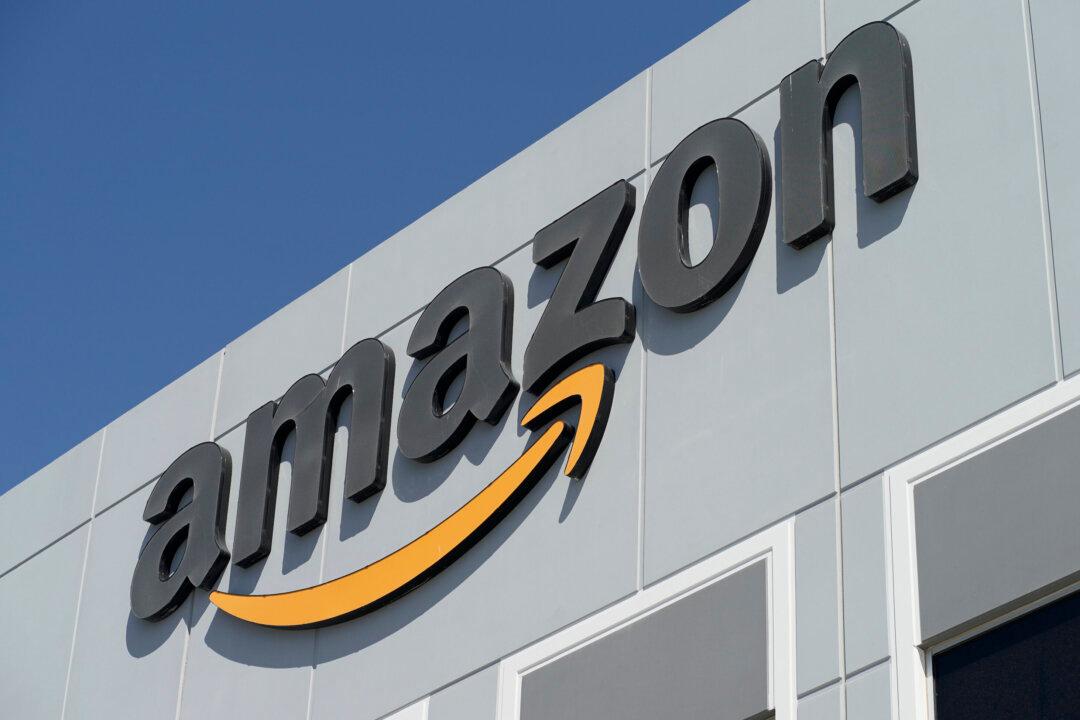The District of Columbia filed an antitrust lawsuit against online retailing giant Amazon, accusing the Seattle-based company of using its market power to harm consumers.
Amazon is the world’s largest online retail platform. As of May 25, the company had a market capitalization of $1.63 trillion, and according to The Wall Street Journal, was close to completing a deal to acquire MGM, the Hollywood movie-making studio.





